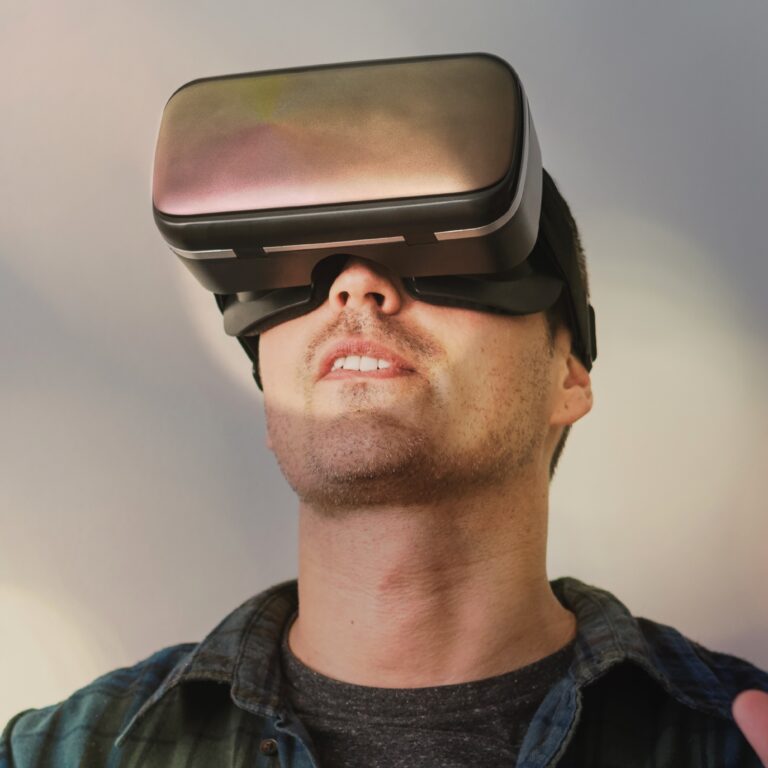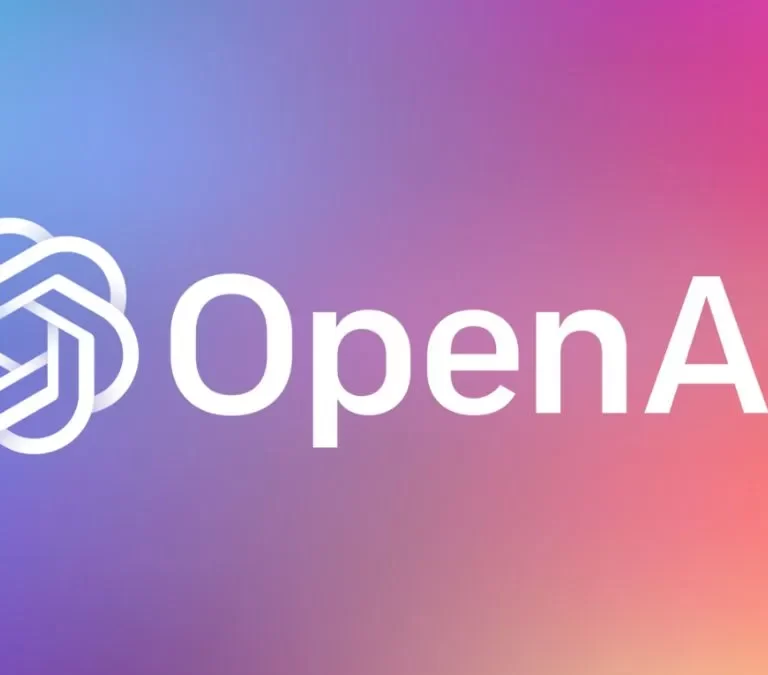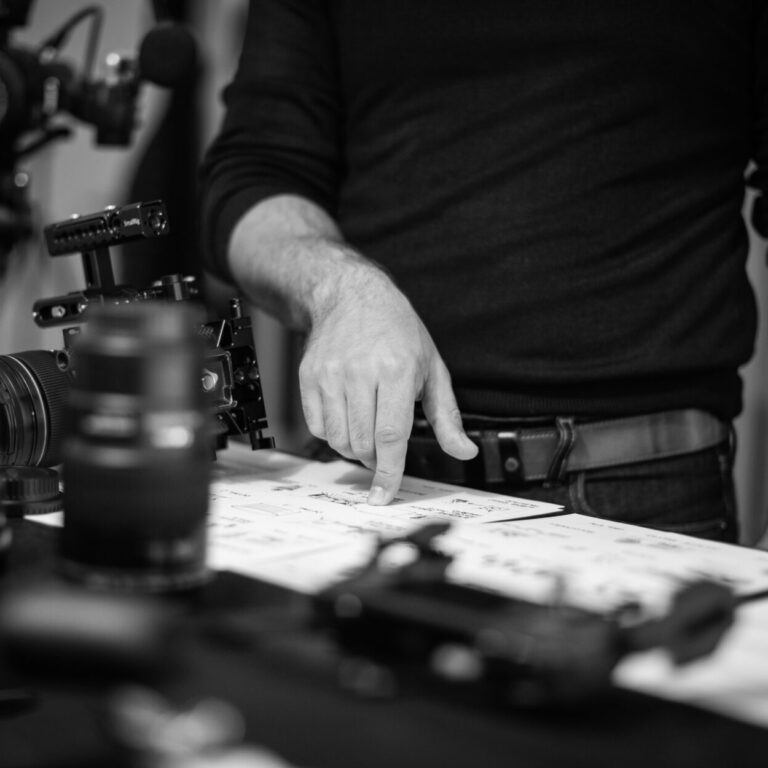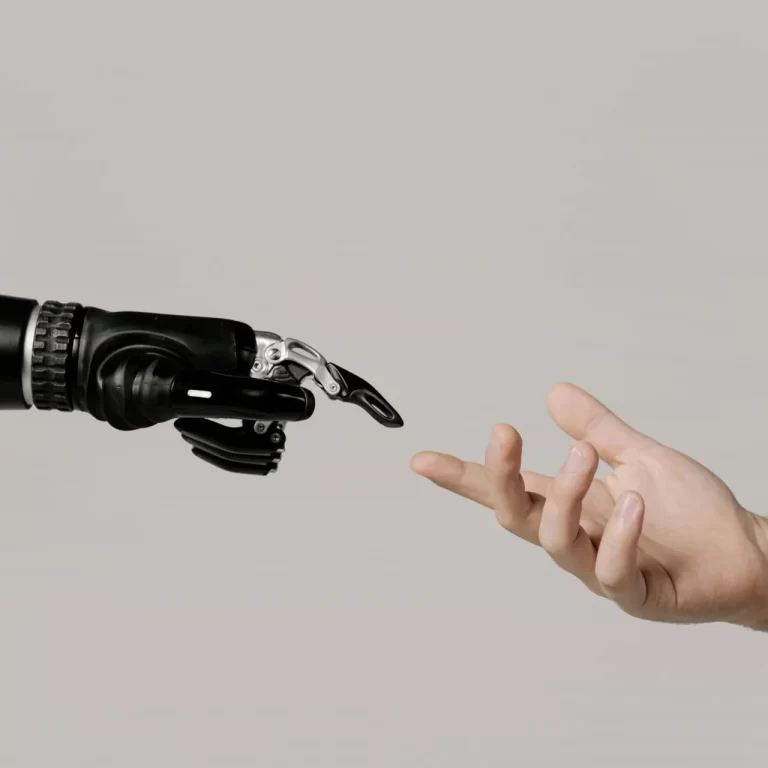OpenAI recently announced their newest AI creation, Sora, a cutting-edge system that brings text prompts to life through short videos. While Sora isn’t yet available to the public, the sneak peeks of its capabilities have sparked excitement.

The sample videos shared by OpenAI, directly generated by Sora, showcase its remarkable abilities. What’s truly fascinating is how these videos, with their lifelike textures, dynamic scenes, and smooth camera movements, can easily pass off as human-made creations at first glance. OpenAI’s CEO, Sam Altman, even shared some user-requested prompts on social media, demonstrating Sora’s versatility and creativity firsthand.
Overall, Sora’s debut has left us eagerly anticipating its future impact and the endless possibilities it holds for transforming our digital experiences.
How Does Sora Operate?

Sora operates through a unique approach called a “diffusion transformer model”, combining elements from text and image generating tools. This model is based on transformers, a type of neural network introduced by Google in 2017 and commonly used in language models like ChatGPT.
Unlike traditional diffusion models employed in AI image generators, Sora introduces a twist by utilizing the transformer architecture to establish connections between frames in a video. Instead of analyzing text tokens, Sora focuses on tokens representing small patches of space and time, allowing it to create a coherent and consistent narrative throughout the video sequence.
Effect on Relevant Industries
Media and Journalism

Sora’s ability to generate realistic videos from text prompts could challenge traditional journalism ethics by blurring the lines between authentic footage and manipulated content. This may lead to increased scrutiny and skepticism towards video-based news reporting.
Entertainment

Sora has the potential to revolutionize the entertainment industry by offering new tools for content creation and storytelling. However, it could also raise ethical concerns regarding the authenticity of video content, especially in areas like documentaries and historical reenactments.
Advertising and Marketing

Sora could assist marketers with innovative ways to create engaging video content for advertising campaigns. However, it may also contribute to the proliferation of deceptive advertising practices through the creation of hyper-realistic but fabricated videos.
Legal and Justice Systems

The emergence of Sora and similar technologies may pose challenges to the legal system, particularly in terms of authenticating video evidence and identifying deep-fake content. This could impact legal proceedings and the administration of justice.
Creative Industries

Sora’s potential to generate high-quality videos from text prompts could impact various creative industries, including filmmaking, animation, and visual effects. It may offer new opportunities for content creation but also raise concerns about intellectual property rights and the originality of generated content.
Societal Risks and Ethical Concerns

The emergence of tools like Sora raises significant societal and ethical concerns. In a world already grappling with the spread of disinformation, these tools have the potential to exacerbate the problem.
The ability to produce realistic videos based on text descriptions could be exploited to disseminate convincing fake news or cast doubt on authentic footage. This could have far-reaching consequences, from undermining public health measures and influencing elections to burdening the justice system with fabricated evidence. Moreover, the creation of deep fake videos, especially of a pornographic nature, poses direct threats to targeted individuals and their families, potentially leading to severe repercussions.

Similar concerns have been raised about large language models and image generators, leading to legal action in some cases. Despite these challenges, the rapid advancement of technology often outpaces regulatory frameworks. While OpenAI has announced safety measures for Sora, including collaboration with experts in misinformation and the development of tools to detect misleading content, the broader ethical implications of such technologies remain a subject of ongoing debate and concern.

In short, OpenAI’s Sora introduces revolutionary technology that generates realistic videos from text prompts, sparking excitement across industries. While it promises innovation, its emergence also raises significant ethical concerns regarding disinformation, authenticity, and copyright. As Sora prepares for public availability, it emphasizes the importance of responsible AI development and regulation.





